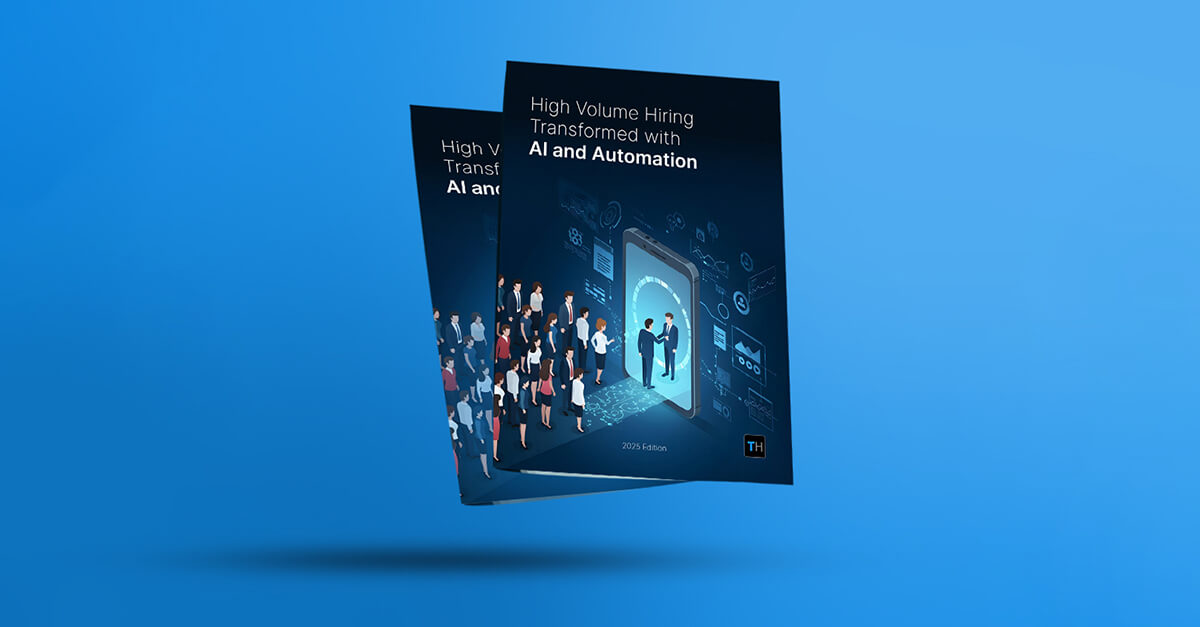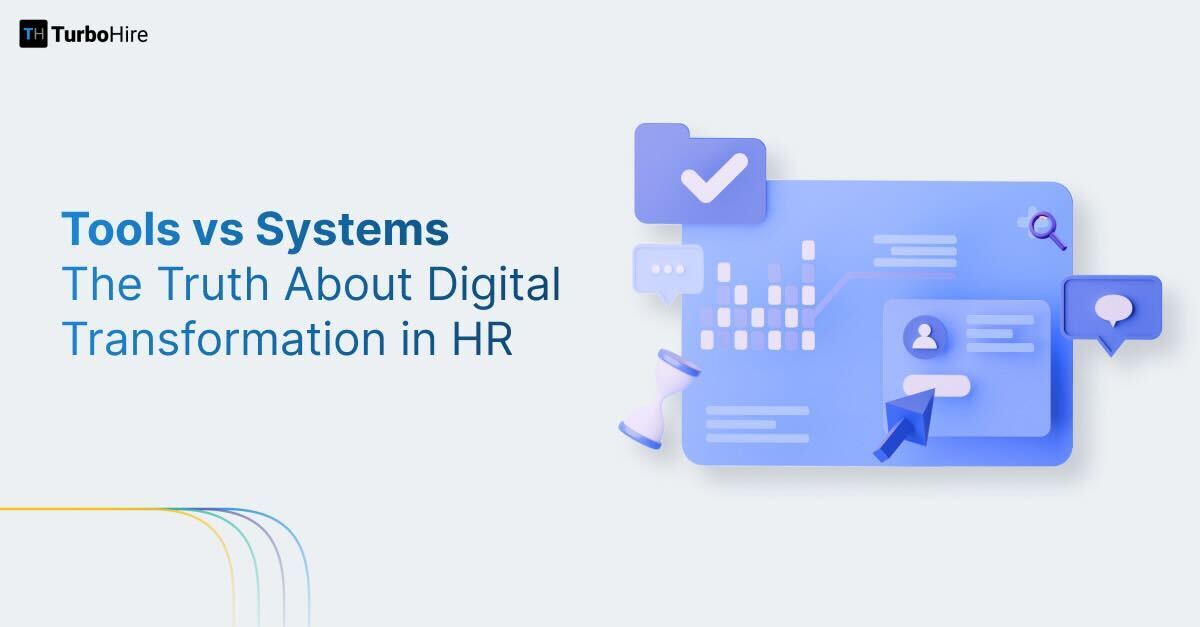Introduction
In recent years, the logistics industry has experienced significant transformation, fueled by globalization, the rise of e-commerce, and advancements in technology. The COVID-19 pandemic further accelerated the shift to online shopping, pushing demand for optimized global supply chain as well as last-mile delivery solutions. To keep pace with growing consumer expectations, logistics networks have become more complex, leading to innovations in warehousing, transportation, and last-mile delivery. Alongside these changes, sustainability initiatives have driven companies to adopt greener logistics practices, marking a major evolution in how supply chains are managed.
Global supply chain disruptions, intensified by the pandemic and geopolitical dynamics, have posed serious challenges to the logistics industry. These disruptions have led to shipping delays, increased costs, and difficulties in maintaining timely deliveries. At the same time, the rise of e-commerce has dramatically increased demand for logistics services, heightening the need for skilled professionals in roles such as warehouse management, fleet operations, and inventory control. To address these challenges, logistics companies are increasingly turning to automation and artificial intelligence (AI), leading to a shift in hiring patterns that prioritize tech-savvy candidates who can operate in a more digitalized environment.
As logistics companies seek to overcome these challenges, digital transformation has emerged as a critical factor. Technologies such as AI, machine learning, are revolutionizing logistics by enabling real-time tracking, optimized route planning, and more accurate demand forecasting. These technologies minimize inefficiencies, lower costs, and provide greater visibility across the supply chain. With digital transformation at the forefront, the logistics sector is creating new job roles focused on tech-driven processes, while simultaneously reshaping traditional roles to meet the demands of a rapidly evolving industry.
Hiring Trends in the Logistics Industry
The logistics industry is experiencing rapid transformation driven by e-commerce growth, digital transformation, and global supply chain disruptions. As these shifts continue to reshape logistics, the demand for a diverse set of skills and new roles has surged, influencing hiring trends across the industry. Digital HR Transformation is playing a pivotal role in streamlining hiring processes, enabling companies to better identify and onboard talent that meets the evolving needs of the logistics sector.
1. Rising Demand for Tech-Savvy Logistics Professionals
With the increased use of automation, artificial intelligence (AI), and data analytics, logistics companies are prioritizing tech-savvy professionals. Roles such as data analysts, IT systems managers, and automation specialists are in high demand, as businesses optimize supply chain processes and improve efficiency through logistics technology.
2. Focus on Last-Mile Delivery Specialists
The boom in e-commerce has amplified the importance of last-mile delivery, driving demand for professionals who can optimize the final leg of the delivery process. Companies are hiring talent proficient in deploying technologies like drones, autonomous vehicles, and crowdsourcing solutions to overcome last-mile logistics challenges, especially in urban environments.
3. Increased Hiring for Warehousing and Fulfillment Roles
The surge in online shopping has boosted demand for jobs in warehousing and fulfillment centers. Companies are actively hiring for roles like warehouse managers, logistics coordinators, and fulfillment specialists. Additionally, as automation becomes a bigger part of warehousing, professionals skilled in operating and maintaining robotic systems are in high demand.
4. Sustainability and Green Logistics Roles on the Rise
The shift toward sustainable logistics is becoming a key priority for the industry. Companies are hiring professionals for roles related to sustainable supply chain management, including sustainability officers, fleet optimization experts, and those knowledgeable in eco-friendly packaging and carbon footprint reduction.
5. Supply Chain Risk Management Specialists in Demand
Ongoing global supply chain disruptions have highlighted the need for supply chain resilience. Companies are increasingly hiring experts in supply chain risk management, procurement, and logistics strategy to mitigate risks and develop more robust logistics operations.
6. Adoption of Flexible Staffing Models
To meet fluctuating demand, particularly during peak seasons, logistics companies are turning to more flexible staffing models, including temporary, part-time, and contract workers. This trend is driving demand for HR professionals experienced in managing dynamic, on-demand workforces and hiring specializing in logistics staffing.
7. Need for Cross-Border and Multimodal Logistics Experts
As global trade expands, logistics companies are looking for professionals experienced in cross-border logistics and multimodal transportation. Roles in freight forwarding, customs management, and multimodal logistics are becoming critical as businesses work to streamline international shipping and navigate complex customs regulations.
8. Growing Demand for Strategic Leadership in Logistics
With the increasing complexity of logistics operations, companies are seeking strong leadership to manage large teams and drive innovation. Roles such as logistics directors, supply chain managers, and operations executives are in demand to oversee strategic decisions that ensure operational efficiency and long-term growth.
9. Reskilling and Upskilling Initiatives for Digital Logistics
The logistics industry is investing in reskilling and upskilling to meet the demands of digital transformation. Employees are being trained in emerging technologies like AI, blockchain, and warehouse automation, ensuring they stay competitive in an industry undergoing rapid technological evolution.
10. Remote Work Opportunities in Logistics
Although logistics is traditionally hands-on, certain roles—especially in supply chain management, logistics planning, and data analysis—are seeing an increase in remote work opportunities. Cloud-based supply chain platforms are enabling professionals to manage logistics operations from anywhere, broadening the talent pool and opening new job possibilities in the industry.
Hiring Challenges in the Logistics Industry
The logistics industry is facing several hiring challenges as it undergoes rapid growth and transformation, driven by e-commerce expansion, digital transformation, and global supply chain disruptions. Key challenges include:
1. Labor Shortages for Key Roles
There is a significant shortage of qualified workers for crucial roles such as truck drivers, warehouse staff, and forklift operators. The physical nature of these jobs, combined with long hours, makes it increasingly difficult to attract and retain talent in these essential logistics positions.
2. High Employee Turnover
Many blue-collar workers in the logistics industry leave their jobs quickly due to tough working conditions, long hours, and the physically demanding nature of tasks such as heavy lifting and extended periods of standing. This high turnover rate impacts productivity and increases hiring costs for logistics companies.
3. Physical Demands
The physically demanding nature of logistics work, including heavy lifting, manual labor, and long shifts, poses challenges in retaining workers. Many employees find the work strenuous, leading to job dissatisfaction and high turnover, especially in warehouse and transportation roles.
4. Seasonal Hiring Fluctuations
During peak times, such as holidays and promotional events, logistics companies face significant challenges in hiring temporary workers quickly. This seasonal hiring need puts additional pressure on HR teams to find and onboard extra staff within tight timeframes, while maintaining operational efficiency.
5. Language Barriers
The logistics industry often employs a diverse workforce, which can lead to communication issues when employees speak different languages. Language barriers can hinder productivity, safety, and teamwork, making it critical for logistics companies to implement effective communication strategies across diverse teams.
6. Tech Skills Gap
As the logistics industry becomes more automated, many blue-collar workers struggle to adapt to new technologies such as warehouse automation systems, AI-driven processes, and digital supply chain tools. The lack of tech skills in the workforce makes it challenging for logistics companies to fully leverage digital transformation and innovation in their operations.
7. Competition for Specialized Talent
The growing demand for specialists in supply chain management, last-mile logistics, and sustainability experts is making it harder to fill key positions. Logistics companies face stiff competition from tech firms and e-commerce companies in securing top talent, further complicating their hiring efforts.
8. Addressing Millennial and Gen Z Expectations
As the workforce increasingly consists of Millennials and Gen Z, logistics companies must address their demand for flexibility, work-life balance, and purpose-driven work. These younger workers also expect seamless hiring processes, driven by HR digital transformation, which includes mobile-friendly applications, quick onboarding, and a positive employee experience.
TurboHire’s Role in Enhancing Hiring in the Logistics Industry
TurboHire, powered by AI, is transforming hiring processes in the logistics industry by providing tailored solutions to streamline and optimize hiring. With the ability to automate key hiring tasks such as candidate sourcing, resume screening, and interview scheduling, TurboHire allows logistics companies to efficiently find top talent and meet the demands of a fast-moving market.
The platform’s automation capabilities reduce the workload on hiring teams by handling repetitive tasks and integrating seamlessly with over 40 global tools for assessments, interviews, communication, and background verifications. This enables recruiters to focus on strategic tasks like engaging with top candidates, while TurboHire takes care of routine processes. The platform’s centralized communication, AI-driven resume screening, and automated interview scheduling reduce time-to-hire and improve the quality of hires.
TurboHire also enhances the candidate experience with a mobile-friendly, login-less application process, instant notifications, and automated WhatsApp communication for quick responses and easy offer acceptance. This streamlined approach improves candidate engagement, leading to higher acceptance rates and a stronger employer brand.
For hiring teams, TurboHire simplifies the entire hiring process by offering structured feedback systems, automated scheduling, and flexible approval workflows. Leadership teams benefit from real-time data insights through customizable dashboards, allowing for data-driven decision-making that directly impacts hiring success. Administrators can efficiently manage teams and platform integrations, all through an intuitive interface.
TurboHire easily supports seasonal hiring fluctuations as well as permanent roles, ensuring seamless hiring even in high-demand periods. The platform’s ability to manage large candidate databases also makes it ideal for bulk hiring of white-collar, grey-collar, and blue-collar workers in the logistics sector.
In the logistics industry, where hiring needs can fluctuate with seasonal demands and operational shifts, TurboHire provides the tools needed for adaptive and scalable hiring. With features like database management for long-term candidate tracking and one-way interviews to assess language proficiency, TurboHire helps logistics companies streamline their hiring processes, reduce time-to-hire, and build a capable, agile workforce ready to meet industry challenges.
Conclusion
As the logistics industry continues to evolve, driven by advancements in technology, e-commerce growth, and global supply chain disruptions, the need for efficient, flexible, and scalable hiring processes has become critical. Companies must adapt to the growing demand for tech-savvy professionals, skilled last-mile delivery specialists, and sustainability-focused logistics experts, all while managing seasonal hiring fluctuations and a diverse, global workforce.
TurboHire addresses these challenges by offering AI-powered recruitment solutions that automate repetitive tasks, streamline hiring, and enhance the candidate experience. The platform supports both seasonal and permanent hiring, simplifies bulk recruitment for white-collar, grey-collar, and blue-collar roles, and offers features like one-way video interviews to assess candidates’ language proficiency—essential in a multilingual logistics workforce.
By using TurboHire’s advanced hiring tools, logistics companies can optimize their time-to-hire, improve the quality of hires, and efficiently manage fluctuating workforce demands. This helps businesses stay competitive in a rapidly changing landscape, ensuring they meet current and future hiring needs with agility and precision. TurboHire’s comprehensive solutions enable logistics companies to build a skilled, capable workforce ready to navigate the industry’s ongoing transformation.

























































